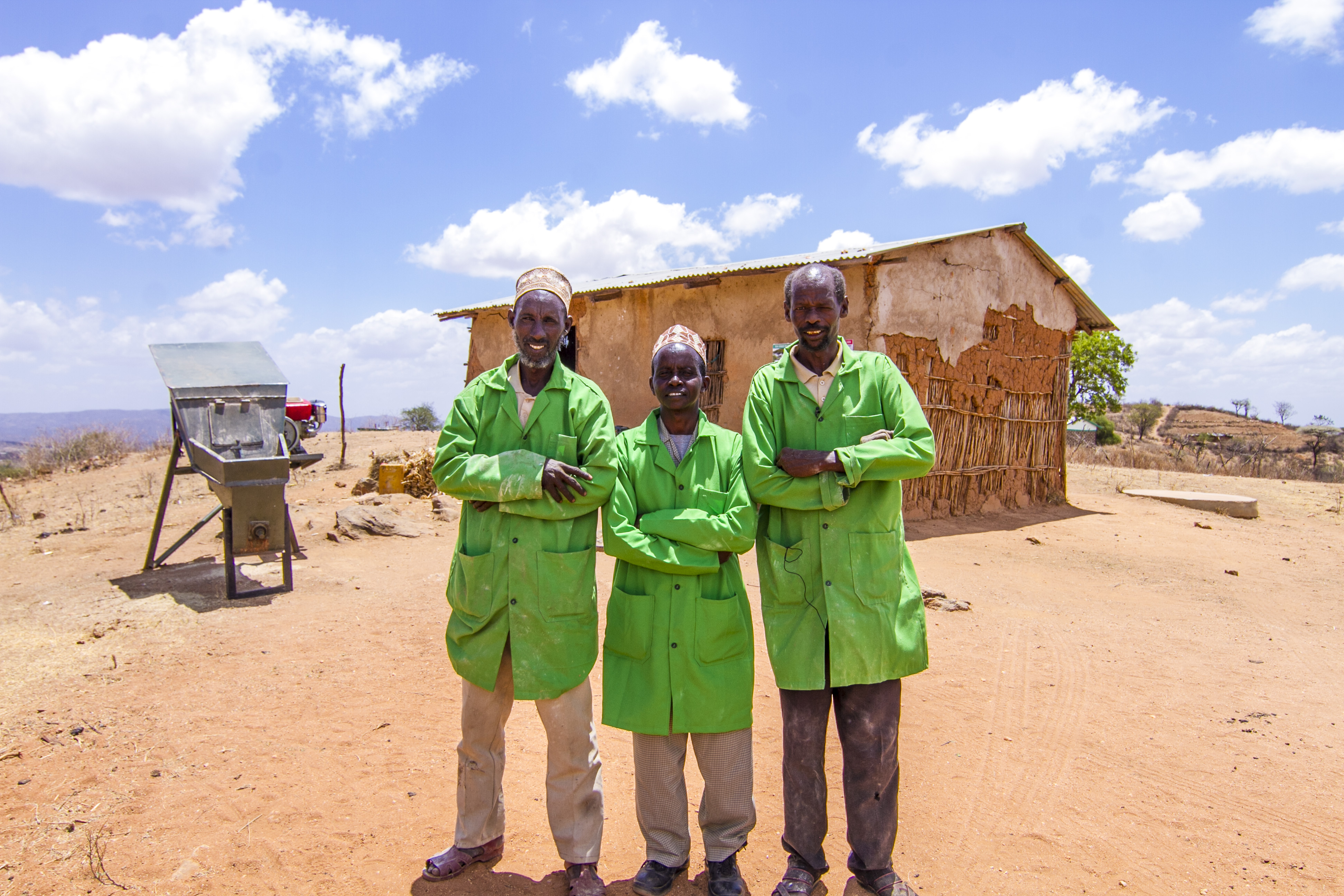Launched in 2017, the DEPP Innovation Labs has been a flagship initiative to support community-centred innovation in humanitarian environments in Bangladesh, Jordan, Kenya, and the Philippines. Their mission was simple: put the people affected by disaster and crisis at the centre of the process of designing solutions. The DEPP Labs were ambitious, and the programme was delivered at incredible speed. On 31 July, the first phase of the pioneering programme came to a close. So what did the DEPP Labs achieve?
The four innovation labs developed culturally appropriate processes and tools to build innovation skills locally (see the Mahali website for Arabic-language tools, or the TUKLAS Philippines field guide to running an innovation lab), they recruited 95 local teams to participate, provided targeted support for the research, prototyping, development and community validation of their innovations, and supported the teams to broker partnerships and develop sustainability pathways, all over a period of 18 months. Throughout the program, the labs were charged with the task of adapting as they learned, and tracking those adaptations so that future programmes could learn. In total, the labs logged over 100 program design changes in response to learning on the ground during implementation.
To see some of the insights learned through this intensive process of programme iteration, check out the Mahali lab blog and TUKLAS lab blog, listen to the podcasts where the labs discuss finding and selecting innovators and creating sustainable partnerships or read the labs’ insight paper into providing effective support to grassroots innovators.
The local innovation teams did amazing work, revealing the unique insights into problems and opportunities for solutions that come from experiencing a problem directly or working closely with those who have. Innovations addressed challenges as diverse as fire and heat mitigation in dense urban settlements, lack of accessible water storage during drought, poor education quality for disabled urban refugees, and soil erosion and landslides due to loss of indigenous knowledge on forest management. Innovators in the program won recognition, support services and funding from diverse sources, from the Young Water Fellowship for WASH startups, to the Jusoor Small Business Program, to the USAID drought resilience program. Explore this page for a glimpse at a handful of the solutions.
At the end of the 18 months, 70 innovation teams remained active in the programme, nearly three-quarters of the original cohort. The labs in the DEPP programme brought the full weight of their networks to bear on behalf of the innovators, connecting hundreds of actors in the humanitarian, private, academic and government sectors to their cohorts of innovators through mentorship, consulting, and piloting opportunities. At the end of the programme, 40% of the innovations have secured additional funding, partnerships for implementation, or are actively serving customers.
Beyond providing support to the innovations, the DEPP Labs produced valuable research for innovation practitioners both inside and out of the humanitarian system. Early on, the DEPP Lab focused on innovation ethics, a critical consideration when you are engaging communities in designing solutions that may never make it to market. They shared their reflections and what to consider related to starting the ethical journey, local culture and everyday practice, and the relationship between professionalism, participation, and relationships. In addition to the larger ethical questions, the programme developed safeguarding practices that were relevant for a local innovation program, where the organisation is no longer “doing”, but rather facilitating a design process. This field-level safeguarding toolkit was designed based on the DEPP Labs experience to help other practitioners translate protection policies into practice.
Finally, the DEPP Labs took a deep look at the tools and methodologies associated with humanitarian innovation as a whole - and how well they apply to grassroots innovators. This included reflecting on the opportunities and challenges of using a human-centred design methodology, and analysis of the lab model and the innovation support services required to catalyse grassroots innovation. After realising the shortcomings of existing business model resources for humanitarian innovators, the programme explored different business model strategies relevant for humanitarian markets.
It became clear to the labs how few resources there are for low-income innovators and entrepreneurs. To better serve this group of innovators, the DEPP Labs produced an innovator guide and accompanying orientation videos for sustainable business models, along with a deck of cards for the different models. To better support lab managers and innovators to understand the world of humanitarian markets and sustainable business models, webinars were also produced on the innovator journey towards sustainability, and specific business model strategies to test in the market. To be more accessible to diverse innovators, the DEPP Labs research on business models was published in French, Bengali, and Arabic, and human-centred design research was also produced in Arabic.
While the first phase of the programme is coming to a close, the journey of the 70+ innovators that took part is just beginning, as they transition to implementing their solutions to improve the lives of the people in their communities. The wealth of research produced by the DEPP Labs will also live on, providing much-needed resources and tools that improve how humanitarian agencies support, sustain, and scale locally-driven change.
Read more about the DEPP Innovations Labs and our other work in collective innovation.

